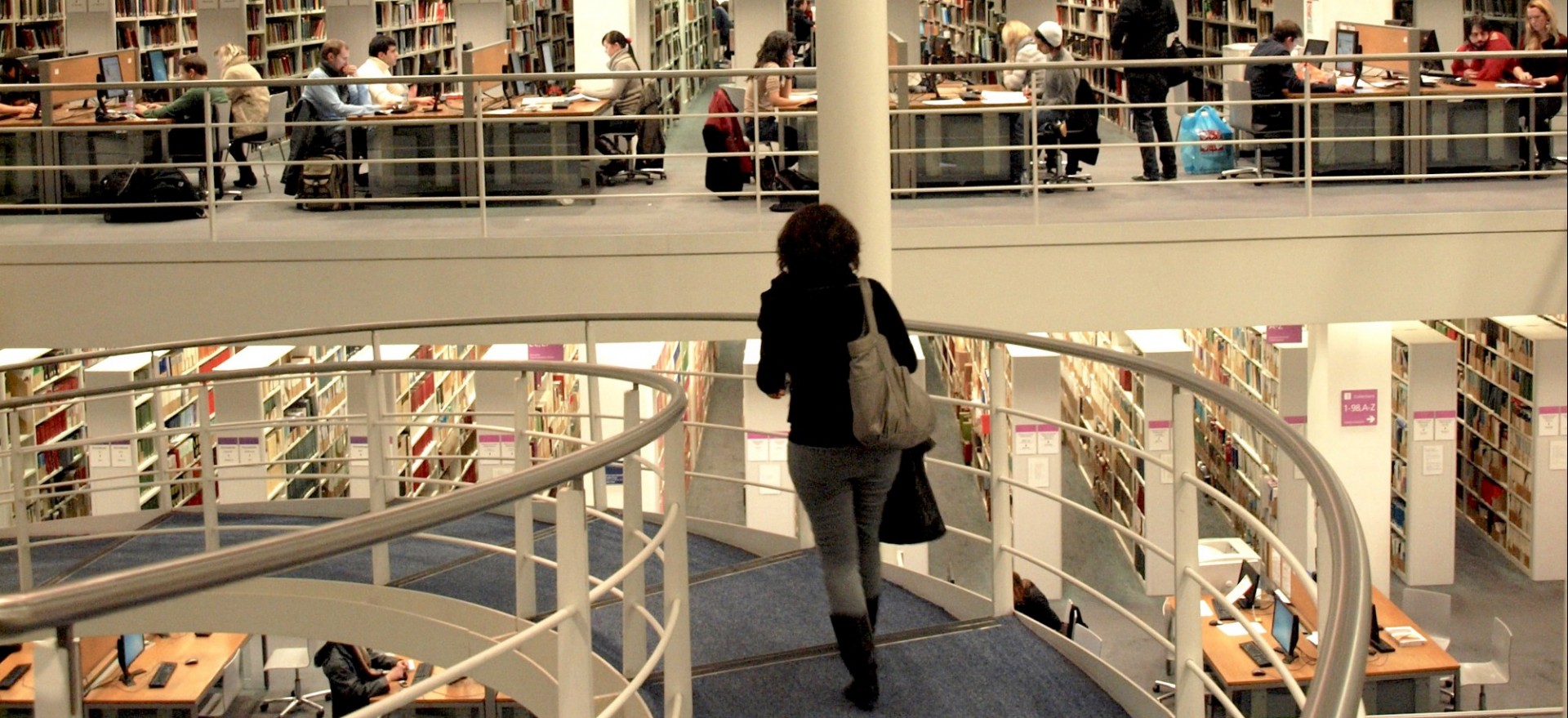Curriculum
At the heart of the program is the two-year dissertation (a master’s thesis in the American system), a piece of original scholarly work based on detailed empirical research and analysis. The dissertation is supported by a sequence of three core courses taken at Columbia and LSE, as well as a large range of electives that allow for specialization. Rigorous language study is also an important component of the curriculum as it enables projects that are international in nature.
The two-year core sequence begins with Approaches to International and Global History (HIST GR8930), which introduces the conceptual possibilities and problems of international and world history, and the year-long MA/MSc Research Skills and Methods (HISTGR5000). The latter is a series of practical workshops that help students develop their dissertation topics and begin their research. At LSE, students enroll in their final core course, a year-long Dissertation Workshop (HY458), designed to help students write their dissertations as well as think about where they would like to take their careers after their time in the program has finished.
Note: Students earn two degrees, one from each university. The program requires two years of full-time study, which must be taken in sequence. Students cannot attend the program part-time, nor is it possible to condense the dual-degree program into a single year of study. Coursework from previous MA studies cannot be used towards the Columbia-LSE dual degree program. Students cannot complete only one year of the program and receive only one degree. Degrees are awarded only after all program requirements at both Columbia University and the London School of Economics have been met.
At Columbia University, students are required to complete 30 graduate credits, including the core components of the program: Approaches to International and Global History (HIST GR8930) and Research Skills and Methods in International and Global History (HIST GR5000). At least 22 credits must be obtained through courses in the History Department. Students may also take courses outside of the History Department towards the history requirement if a course is historical in nature, provided that the MA/MSc academic advisor (Dr. Line Lillevik) approves. Please note that the program does not accept R credits towards degree completion.
Students have the option to take up to eight graduate elective points (typically 2 courses) from outside of the History Department. Students can take classes from other departments within the Graduate School of Arts and Sciences (GSAS) as well as in other schools at Columbia, including the School of International and Public Affairs (SIPA), the Journalism School, Teachers College and the School of the Arts (SOA). Please note that classes outside of the department or in other schools may require additional permissions or cross-registration procedures.
Language classes taken to meet the program’s foreign language requirement generally do not count towards the minimum 30 credit hours.
The definitive guide to courses being offered in a given semester can be found online Columbia Directory of Classes.
Students can find detailed information on program requirements in the first-year handbook.
Please note: in order to advance to the second year of the program, students must submit all outstanding work by June 30. All final grades for Columbia coursework must be submitted by July 15.
During the summer between the years in New York and London, students are expected to work on their dissertations. The long summer (4 1/2 months) provides students with an opportunity to engage in ambitious research projects. Some students’ projects require working in multiple archives across the globe, while others are able to conduct the entirety of their research in a single city or using online resources. Many students choose to accompany their research with foreign language training, internships and other career opportunities. It is expected that students will have completed the majority of their research by the time they arrive at LSE and will be ready to start writing.
The MA/MSc program supports students' summer activities through the Alliance Fellowship, which provides up to $4,000 towards research and/or language study.
At LSE, students are required to complete three full units in addition to the CU-LSE Dissertation Workshop (HY458), the final core component of the program. At least two of these three units must be chosen from the wide range of International History and Economic History course offerings. Students may complete their third unit in another department at LSE, provided that both the academic director at LSE and the teacher responsible for the course approve.
All dual degree students are required to take the year-long HY458 Dissertation Workshop, which is designed to help students research and write their dissertations and to think about where they would like to take their careers after their time at LSE has finished. It provides a specialized forum for discussion and debate on what it means to write history and to be an historian.
Although they are not required to do so, students are also welcome to attend the larger graduate-level HY499 Research Training Workshop for all international history master’s students at the LSE, which focuses on practical research and study skills.
Dissertations are submitted in the first week of the Summer Term and assessed in accordance with LSE’s MSc criterion. Exams are held between mid-May and late June. Further information on academic requirements at LSE can be found in the CU-LSE graduate handbook.
Descriptions of courses offered at LSE by the Department of International History and the Department of Economic History, can be found on LSE's website.

